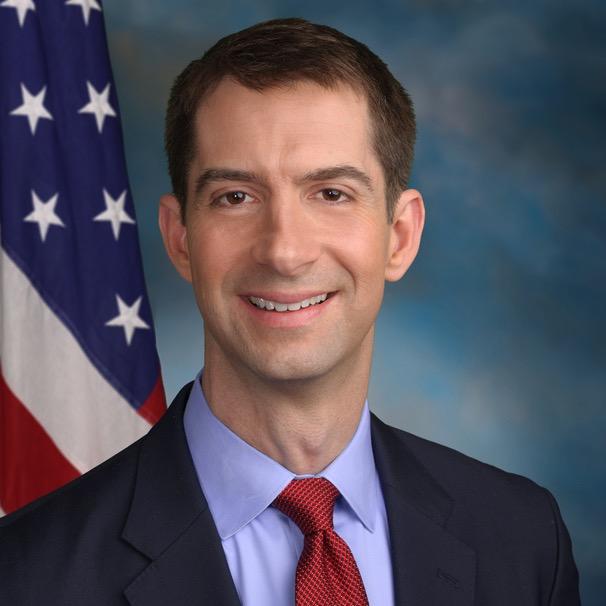 Tom Cotton
Tom Cotton
4周前
 Tom Cotton
Tom Cotton
4周前
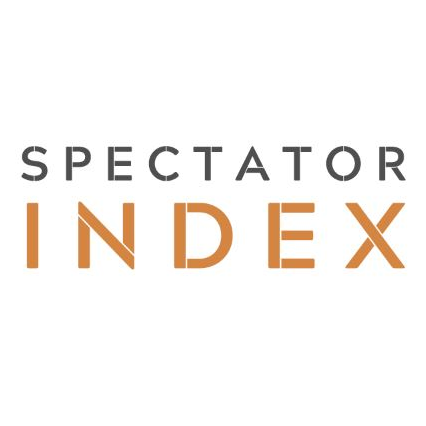 The Spectator Index
The Spectator Index
4周前
 The Spectator Index
The Spectator Index
4周前
 The Telegraph
The Telegraph
4周前
 60 Minutes
60 Minutes
4周前
FBI Director Christopher Wray says China’s cyber program has stolen more personal and corporate data from the U.S. than every other nation combined. Scott Pelley reports, tonight on 60 Minutes.
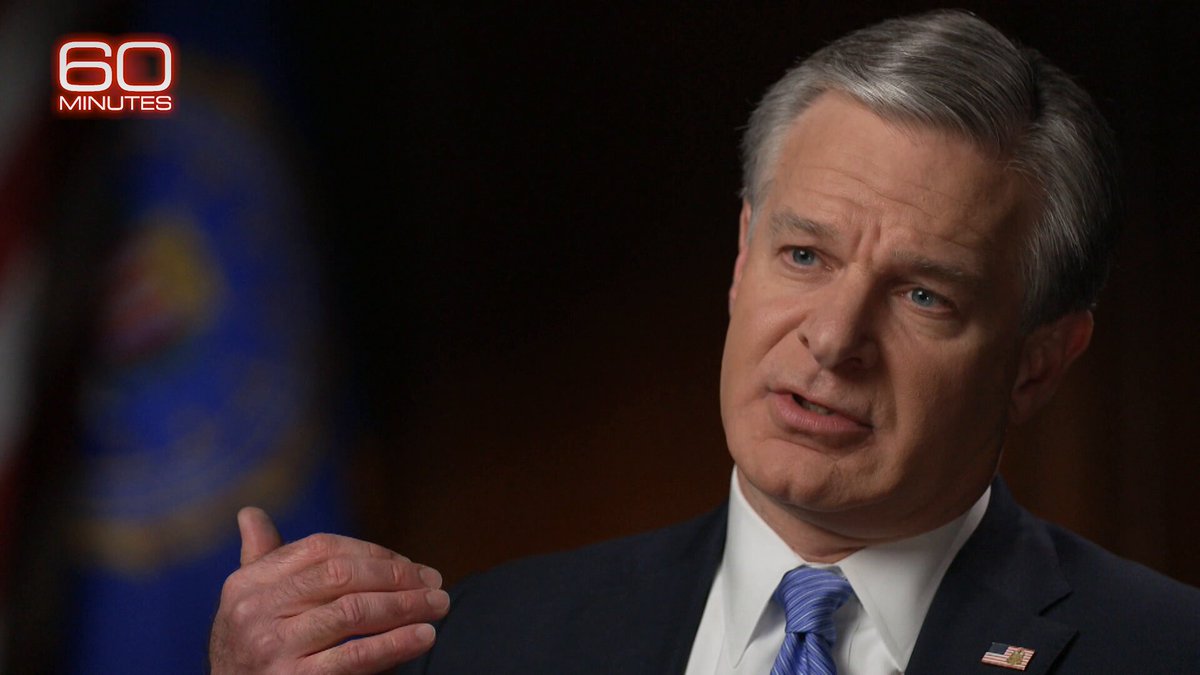
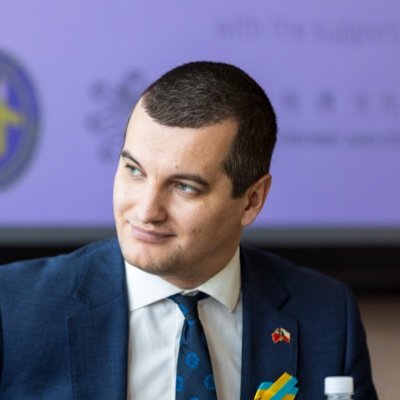 Jakub Janda 楊雅嚳
Jakub Janda 楊雅嚳
4周前
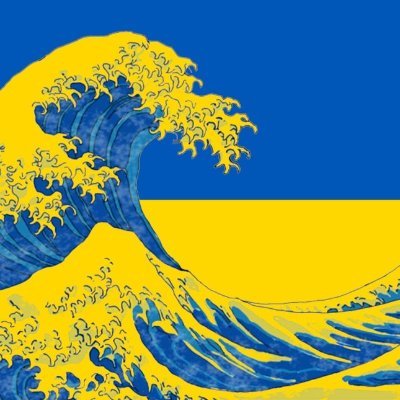 The Great Translation Movement 大翻译运动
The Great Translation Movement 大翻译运动
4周前
For this wildfire, brainwashed people in China have a classic idea: "Because the foreigners were in war with us so they deserved all their disasters." Hate education makes nationalists inherit hate from generation to generation.

 Frank Langfitt
Frank Langfitt
4周前
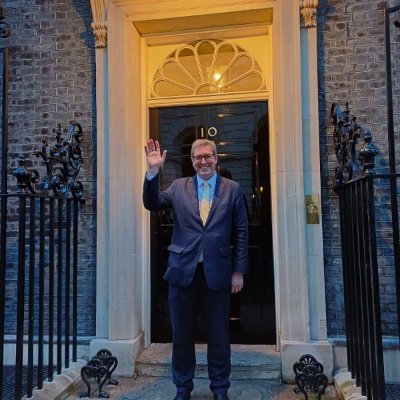 Benedict Rogers 羅傑斯
Benedict Rogers 羅傑斯
4周前
 The Great Translation Movement 大翻译运动
The Great Translation Movement 大翻译运动
4周前
Not only California wildfire, Chinese internet also gloats on lightning strikes in US. To them, every natural disaster in the west is bad karma. Maybe they believe there is no natural disaster in China because they are all censored?

 Foreign Affairs
Foreign Affairs
4周前
 H I Sutton
H I Sutton
1个月前
 non aesthetic things
non aesthetic things
1个月前
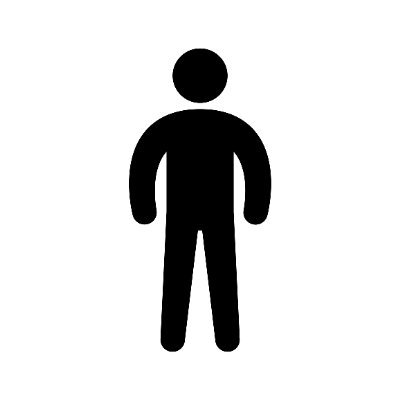 NO CONTEXT HUMANS
NO CONTEXT HUMANS
1个月前
 Nikki Haley
Nikki Haley
1个月前
 *Walter Bloomberg
*Walter Bloomberg
1个月前
 The Great Translation Movement 大翻译运动
The Great Translation Movement 大翻译运动
1个月前
Shaanxi Pucheng. About fifty thousand people have begun rallying after a student was bullied to death in his school. This is said to be the largest protest to break out in China since January 2023. The video shows the crowd repelling police.
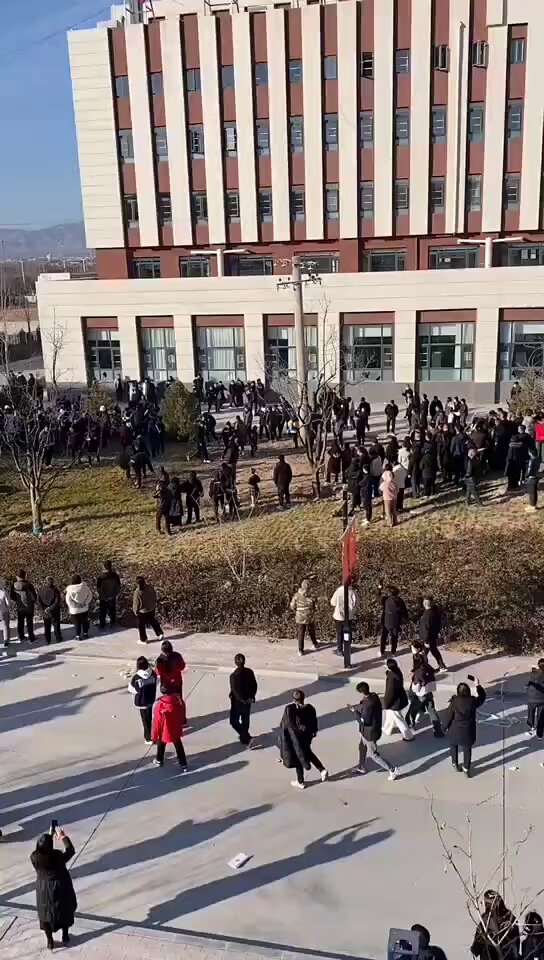
 The Great Translation Movement 大翻译运动
The Great Translation Movement 大翻译运动
1个月前
 Free Wang Bingzhang
Free Wang Bingzhang
1个月前
 The Spectator Index
The Spectator Index
1个月前
 The Spectator Index
The Spectator Index
1个月前
 Mayte Chummia
Mayte Chummia
1个月前
 NO CONTEXT HUMANS
NO CONTEXT HUMANS
1个月前
 Dali L. Yang
Dali L. Yang
1个月前
The conventional storyline is that China delayed its initial response to the Wuhan outbreak, sat idly by, and didn't announce human-to-human transmission of the novel coronavirus until January 20, 2020. In fact, it was five years ago today, on December 31, 2019, that Chinese experts--clinicians, epidemiologists, and virologists-- and health policy makers convened a special New Year's Eve meeting on the Wuhan outbreak that lasted into the wee hours of January 1, 2020. They knew the SARS-like symptoms of patients, preliminary epi investigations by a joint team, as well as genomic sequencing results of the novel coronavirus. The meeting led to the adoption of a health emergency response action program, including the shuttering of the Huanan Seafood Market in Wuhan on January 1, 2020. The special New Year's Eve meeting could have been a superb turning point in dealing with the Wuhan outbreak. Alas, it wasn't! For such a contagious virus and with more and more patients showing up in multiple hospitals in Wuhan, it wasn't until January 20 that human-to-human transmission of the novel coronavirus was finally announced. For the what, how, and why the Chinese response faltered in the early days, get your copy of Wuhan: How the Covid-19 Outbreak in China Spiraled Out of Control.

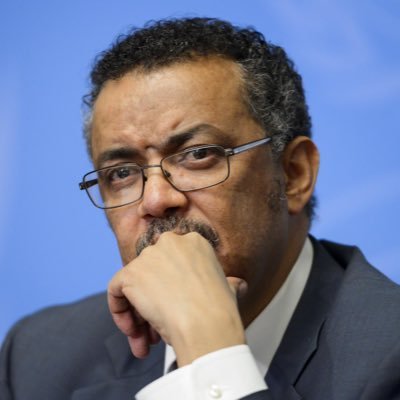 Tedros Adhanom Ghebreyesus
Tedros Adhanom Ghebreyesus
1个月前
Five years ago on 31 December 2019, WHO’s Country Office in #China picked up a media statement by the Wuhan Municipal Health Commission from their website on cases of ‘viral pneumonia’ in Wuhan, China. In the weeks, months and years that unfolded after that, #COVID19 came to shape our lives and our world. At WHO, we went to work immediately as the new year dawned. WHO employees activated emergency systems on 1 January 2020, and informed the world on 4 January. By 9-12 January, WHO had published its first set of comprehensive guidance for countries, and on 13 January, we brought together partners to publish the blueprint of the first SARS-CoV-2 laboratory test. All along, we convened experts and ministries of health from around the world, gathered and analysed data, and shared what was reported, what we learned and what it meant for people. Read about WHO’s actions here: As we mark this milestone, let’s take a moment to honour the lives changed and lost, recognize those who are suffering from COVID-19 and #longCOVID, express gratitude to the health workers who sacrificed so much to care for us, and commit to learning from COVID-19 to build a healthier tomorrow. We continue to call on China to share data and access so we can understand the origins of COVID-19. This is a moral and scientific imperative. Without transparency, sharing, and cooperation among countries, the world cannot adequately prevent and prepare for future epidemics and pandemics. Today, as often, we pose this question: “is the world better prepared for the next pandemic than we were for COVID-19?” My answer is - yes and no ⬇️
